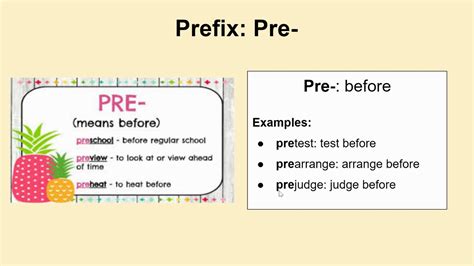Boost energy & focus: what’s the optimal meal timing for men?

The Crucial Role of Meal Timing for Men’s Performance
For men striving to maintain peak energy levels and razor-sharp focus, the ‘what’ of their diet often takes center stage. However, the ‘when’ can be equally, if not more, impactful. Optimal meal timing isn’t just about weight management; it’s a powerful tool to regulate blood sugar, support hormonal balance, and synchronize with your body’s natural circadian rhythms. By strategically structuring your meals, you can unlock sustained energy, improved concentration, and overall enhanced well-being.

Morning Fuel: Kickstarting Your Metabolism and Mind
Breakfast truly is the most important meal for energy and focus. After an overnight fast, your body needs quality fuel to break the fast, stabilize blood sugar, and signal to your brain that it’s time to be alert. A breakfast rich in complex carbohydrates, lean protein, and healthy fats is ideal. Think oatmeal with berries and nuts, eggs with whole-wheat toast, or a protein-rich smoothie.
- Timing: Aim to eat within 1-2 hours of waking.
- Benefits: Prevents morning brain fog, provides sustained energy, and kickstarts metabolism.
Midday Recharge: Sustaining Focus Through Lunch
As the day progresses, your energy and focus can dip, especially if you haven’t fueled properly. Lunch serves as a critical midday recharge. A balanced lunch prevents the afternoon slump by providing a steady supply of glucose to the brain and muscles. Prioritize lean protein (chicken, fish, beans), plenty of vegetables, and a modest portion of complex carbs (quinoa, brown rice, sweet potato).
- Timing: Typically 4-5 hours after breakfast, avoiding heavy, high-fat meals that can induce sluggishness.
- Benefits: Maintains cognitive function, prevents energy crashes, and supports productivity.

Afternoon Snacks: Bridging the Gap and Curbing Cravings
If your dinner is still several hours away, a well-timed afternoon snack can be a lifesaver for energy and focus. It prevents excessive hunger, stabilizes blood sugar, and helps you avoid overeating at your next main meal. Opt for nutrient-dense options like a handful of almonds, a piece of fruit with Greek yogurt, or vegetable sticks with hummus.
- Timing: About 2-3 hours after lunch, or when you feel your energy naturally starting to wane.
- Benefits: Prevents energy dips, keeps metabolism active, and reduces unhealthy snack cravings.
Evening Nourishment: Recovery and Restful Sleep
Dinner plays a crucial role in recovery and preparing your body for a restful night’s sleep. While it should be nutritious, it’s generally advisable to avoid overly heavy or spicy meals close to bedtime, which can disrupt sleep. Focus on easily digestible proteins, vegetables, and a smaller portion of complex carbohydrates. Carbohydrates can aid in the production of serotonin, a precursor to melatonin, which promotes sleep.
- Timing: Ideally 2-3 hours before sleep to allow for digestion.
- Benefits: Supports muscle repair, aids in nutrient absorption, and promotes better sleep quality.

Pre- and Post-Workout Nutrition: Fueling Performance and Recovery
For active men, specific pre- and post-workout timing is paramount. A small, easily digestible snack with carbohydrates and a little protein 30-60 minutes before exercise can provide immediate fuel. After a workout, a combination of protein and carbohydrates within 30-60 minutes helps replenish glycogen stores, repair muscle tissue, and kickstart recovery.

Listen to Your Body: Individualizing Your Schedule
While general guidelines exist, the most optimal meal timing is ultimately personal. Factors like your work schedule, physical activity levels, and individual metabolic responses will influence what works best for you. Pay attention to how different timings affect your energy, focus, mood, and digestion. Experiment and adjust to find the rhythm that best suits your unique needs and lifestyle.

By consciously planning your meal times and understanding their impact on your physiology, you can take control of your energy and focus, propelling you toward greater productivity and overall well-being. It’s a simple yet profound strategy for any man looking to optimize his daily performance.








